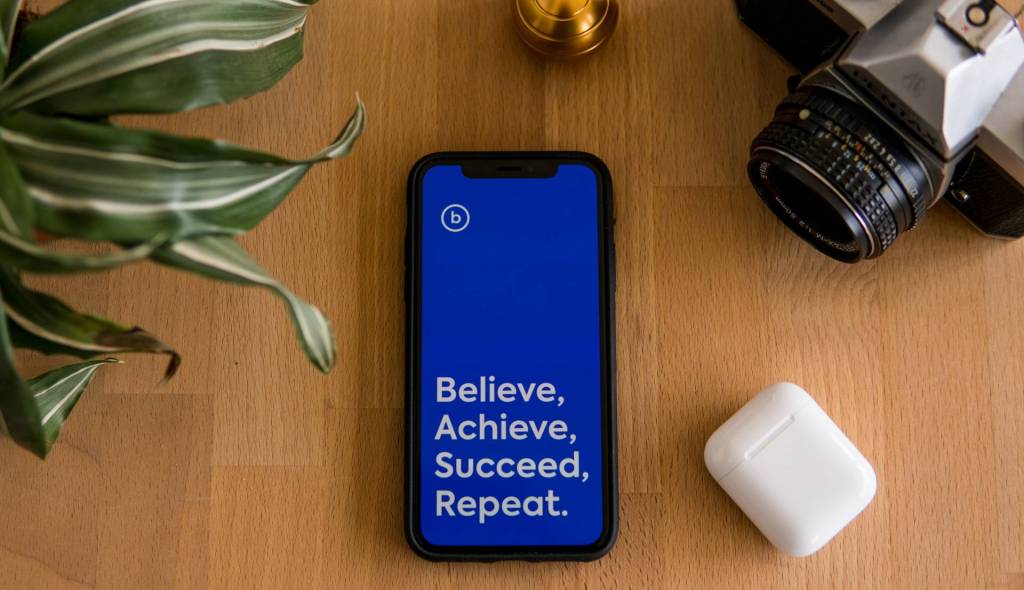Are you genuinely appreciating and encouraging the people around you?
It’s a simple question, and one that is quite important in the world we live in today. Organizational researchers have found that appreciation plays a major role in the morale and mood of an organization, and any negative perceptions about appreciation can be harmful to the overall productivity.
Team members and clients that want you to show genuine appreciation surround you, and you might not be doing it! See, people are not easy to read sometimes, and not many of us are adept at catching non-verbal cues.
Genuine appreciation is not only of the verbal kind. Many entrepreneurs and team leaders feel that by simply verbalizing their appreciation, all is good. Well, verbal modes work, but not on everyone. Individuals are different, and each has their preferred mode of feeling appreciated. As a small business owner, team leader, supervisor or employee, take the time to learn the “languages of appreciation,” and identify the languages your coworkers, clients, and customers respond to. (*The Five Languages of Appreciation is written by Dr. Gary Chapman and Dr. Paul White and explains how different people like to receive appreciation in different ways.).
Obstacles to authentic appreciation
If showing appreciation is as simple as saying “thank you,” giving a compliment, smiling and being courteous to the people around you, why don’t people do it more often?
One reason is organizations’ reliance on recognition programs as the main mode of conveying appreciation. And therein lies the problem: they don’t realize recognition and appreciation are two different things. More to that, recognition programs only value employees when they perform well, and in many cases are done as a matter of procedure (annual recognition awards).
With recognition programs, a level of distrust grows among employees because it is not clear if the reward is personal.[tweet this]
If it comes across that it’s only provided because it’s a ‘company program’, then the lack of authenticity will often disengage many team members.
Be thankful you have a job
In tough economic times where employment is hard to find, having a job is itself a reason to smile and be thankful. Unfortunately, that’s the reasoning some business owners use as an excuse to not show appreciation. It’s sad, but there are people like that, and every opportunity they pass up to encourage and appreciate their employees stokes the fire of frustration and distrust in their workforce.
When employees feel that management is not genuine in its appreciation, or doesn’t show any at all, they communicate a range of negative emotions that include cynicism, anger, irritability, tardiness, social withdrawal and apathy. Finally, the work environment becomes filled with negativity that it affects work relationships and productivity. At such a point, you have a major problem on your hands.
Portraying genuine appreciation
As a small business owner, there are practical ways to get your employees and team members to know that you genuinely appreciate them:
- Only communicate appreciation when it is genuine. People can often spot “fake” appreciation, so don’t try that.
- Consistency is key. If you only communicate a message of gratitude once a year during the recognition event, it is very possible no one views your appreciation as genuine. However, being consistent with it over time (and in different methods) evokes positive perceptions about your genuine appreciation, which boosts overall morale and work environment.
- Appreciation doesn’t have to be tied to performance. Many small business owners make this big mistake. A great way to communicate appreciation is to identify positive traits that are not related to work (“Your cheerful nature is infectious”) and point them out. Everyone has a positive trait/skill you like, even customers.
Authentic appreciation is a powerful tool, and could be the biggest difference between a highly productive team and a negative work environment.












